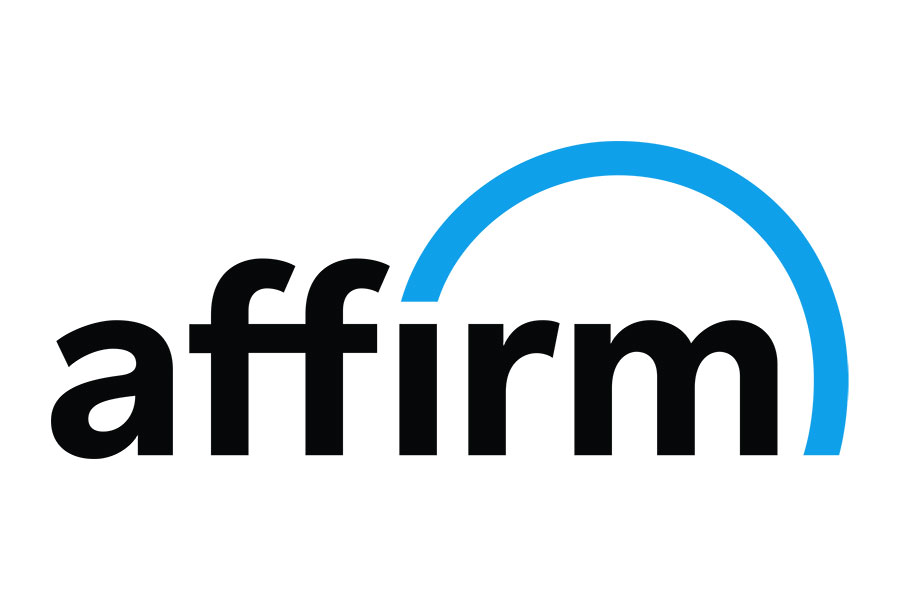Affirm offers flexible financing for shoppers who want to break purchases into smaller payments. Unlike traditional credit cards, Affirm provides fixed installment plans with clear repayment terms, including an interest-free Pay-in-Four option and longer-term financing with rates up to 30% APR.
Approval is based on several factors, including your financial history, income, and current debts. While Affirm does not require a hard credit check, your overall financial profile plays a role in determining your eligibility and loan terms.

Credit Score Requirements for Affirm
Affirm does not publicly list a specific credit score requirement, but many approved applicants have scores of at least 640. Some users report approvals with scores as low as 550, though these may come with lower credit limits or higher interest rates.
Beyond your credit score, Affirm considers additional factors such as your payment history, credit utilization, and length of credit history. Applicants with a steady income and a track record of responsible borrowing are more likely to secure financing through Affirm, especially for larger purchases.
How Affirm Financing Works
Affirm provides flexible financing for purchases ranging from $50 to $25,000. For smaller purchases, Affirm’s Pay-in-Four option allows borrowers to split payments into four equal installments with no interest. For larger purchases, Affirm offers extended financing plans with interest rates up to 30% APR. Depending on the loan amount, a down payment may be required at checkout.
Unlike traditional credit cards, Affirm does not charge late fees or hidden penalties. If you miss a payment, your account may be temporarily paused until your balance is brought up to date. Additionally, Affirm only performs a soft credit check, meaning your credit score won’t be impacted when you apply. However, approval and loan terms depend on factors such as your credit history, income, and existing debts.
While Affirm is accepted at a wide range of retailers, it’s important to note that payment rescheduling is not available, and there’s no option to voluntarily pause your account once a loan is active.
Factors Affecting Affirm Credit Approval
Securing financing through Affirm is a process influenced by various financial and personal factors. To better understand your likelihood of approval, it’s essential to understand the primary criteria that Affirm looks at during their evaluation.
The Role of Credit History and Utilization
When evaluating your creditworthiness, Affirm and other lenders consider your credit history, which includes your payment history, credit utilization rate, and length of credit history.
Having good credit signals to lenders that you are a responsible borrower who can manage credit effectively. Maintaining a low credit utilization rate (the percentage of your total available credit that you’re using) also helps demonstrate your ability to manage your debts responsibly.
Steady Income and Financial Stability
Lenders also consider your income and financial stability when determining whether to approve you for credit. A stable job and a steady income indicate that you are more likely to meet your financial obligations and make timely payments on your debts. Ensure that you have a reliable source of income before applying for credit, as this can make a difference in your approval odds.
Tips for Boosting Your Credit Score for Affirm Approval
1. Review Your Credit Reports
Before applying for an Affirm loan or any other credit product, it’s crucial to know your credit scores and understand what’s on your credit reports. You can request a free copy of your credit report from each of the three major credit bureaus (Equifax, Experian, and TransUnion) once every 12 months at AnnualCreditReport.com. Review your reports carefully for errors or discrepancies that could be negatively impacting your credit score.
2. Pay Your Bills on Time
Your payment history makes up a significant portion of your credit score. To improve your credit and increase your chances of being approved for an Affirm account, make sure to pay all your bills on time. Setting up automatic payments or using calendar reminders can help you stay on track with your payments.
3. Reduce Your Debt
Lowering your overall debt, especially revolving credit card balances, can help improve your credit utilization rate and boost your credit score. Focus on paying down high-interest debt first, and avoid charging more on your credit cards than you can pay off each month.
4. Avoid Applying for New Credit Frequently
Each time you apply for new credit, it generates a hard inquiry on your credit report, which can temporarily lower your credit score. Multiple hard inquiries in a short period may also signal to lenders that you are a high-risk borrower.
To improve your chances of being approved for Affirm’s Buy Now Pay Later service, limit your applications for new credit and only apply when necessary.
5. Get Professional Help
If you’re struggling with bad credit and need help improving your credit score, consider seeking professional assistance from a reputable credit repair company like Credit Saint. They help clients dispute and potentially remove inaccurate negative items from their credit reports, such as late payments, collections, charge-offs, foreclosures, repossessions, and bankruptcies.
Visit their website for a free credit consultation to learn more about how they can help you improve your credit and increase your likelihood of being approved for new credit.
Bottom Line
While there is no minimum credit score requirement for Affirm, a credit score of 640 or higher can increase your approval odds. By improving your credit, maintaining a low credit utilization rate, and demonstrating steady income, you will also qualify for better interest rates when applying for other credit in the future.



